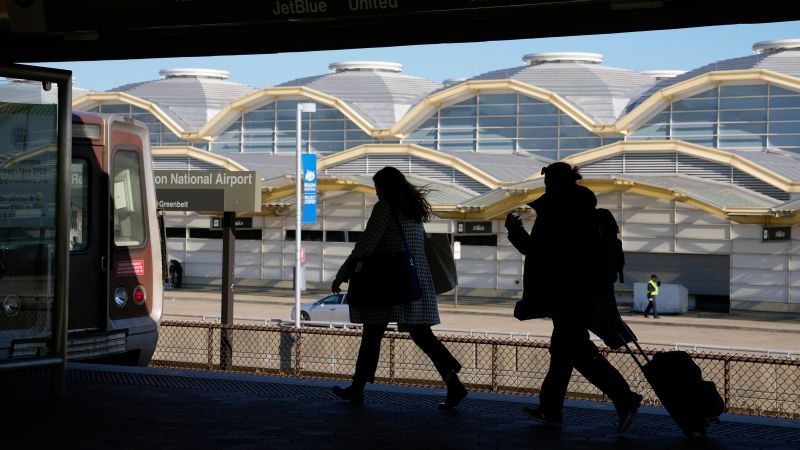The House has passed a major federal aviation bill aimed at improving aviation safety, enhancing protections for passengers and airline workers, and investing in airport and air travel infrastructure nationwide. The bill, which renews the Federal Aviation Administration’s authority for five years, will now be sent to President Joe Biden for signing into law after passing the Senate by a vote of 387 to 26. The legislation authorizes over $105 billion in funding for the FAA and $738 million for the National Transportation Safety Board from 2024 to 2028.
Despite bipartisan support, the bill sparked contentious debates over certain policy issues. One issue was the provision to add longer-distance flights at Reagan National Airport near Washington, DC, which some lawmakers pushed to be removed but was ultimately retained. Supporters argue that additional flights would provide more choices and lower prices for consumers, while opponents worry about increased congestion, delays, and safety issues at the airport.
Other key provisions of the legislation include requirements for the FAA to hire and train more air traffic controllers, increase research into staffing needs at air traffic control facilities, and expand access to training simulators. The bill also mandates the installation of additional runway technology at medium and large hub airports to reduce collisions and near-collisions on runways.
The legislation also includes measures to strengthen rules against attacks on aviation workers, expand legal protections to ground-based employees like gate and check-in agents, and enhance self-defense training for flight attendants to better protect themselves and respond to unruly passengers. Additionally, travel credits issued by airlines in lieu of refunds must be valid for at least five years, and commercial aircraft will be required to carry 25-hour cockpit voice recorders, a significant increase from the current two-hour standard.
In April, the Department of Transportation finalized a new rule requiring airlines to provide cash refunds within a few days for canceled or substantially delayed flights, rather than vouchers. This rule was incorporated into the FAA bill after concerns were raised about potential future changes to the rule by incoming DOT leadership. The bill now includes an automatic refund component if a passenger declines an airline’s rebooking request or does not respond.
Overall, the FAA bill aims to address various issues in aviation safety, security, and passenger protections by allocating funding for the FAA and NTSB, improving air traffic controller staffing and training, enhancing runway technology, strengthening rules against attacks on aviation workers, and setting standards for travel credits and cockpit voice recorders. The bill’s passage in the House with bipartisan support signals a commitment to improving the aviation industry’s efficiency and safety measures.


